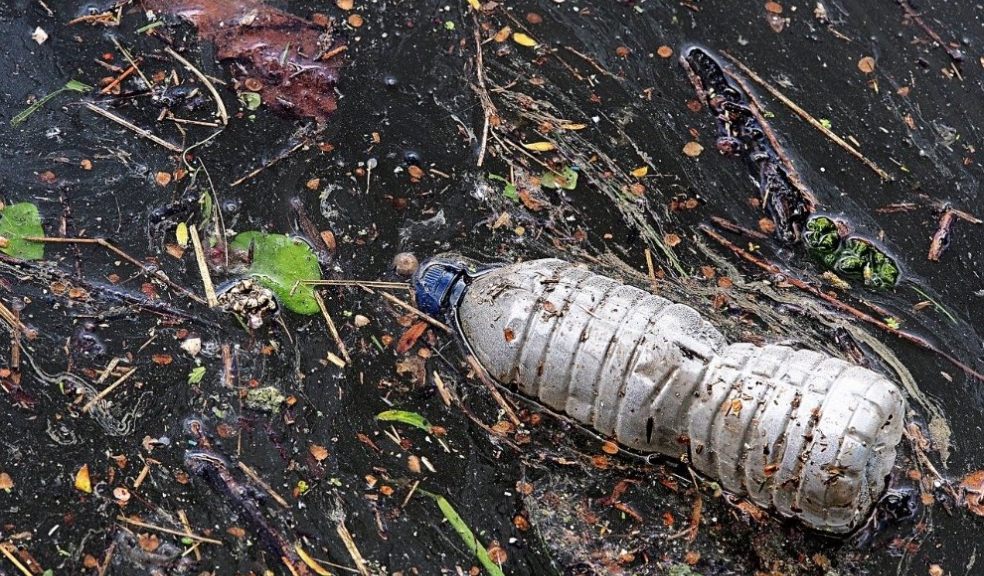
Sustainable plastics vital for greener world
Creating sustainable plastics is vital for the future of our environment, a new report says.
It calls for urgent research on the impacts that plastic has on the living world right across its lifecycle, from the carbon footprint of the factories that produce it, right through to the impacts it has when discarded into the natural world as waste.
Chemical advances mean it is now possible to produce better, safer plastics, using more eco-friendly production methods, designing plastics that can be fully recycled and even by developing plastics that “degrade on demand” after use.
It says all this is possible – but rapid work is needed to create these new products and ensure they are cheap enough to compete with existing plastics.
The report was produced by an international team – including the University of Exeter – following the Chemical Sciences and Society Summit.
“Plastics are amazing materials, and modern society relies on them for so many reasons, but we are creating huge environmental and health problems by misusing them,” said Professor Tamara Galloway, of the University of Exeter.
“By creating a circular economy for plastics we can reduce plastic pollution and slow down climate change.
“We have a real opportunity here and now to create a better, safer, more sustainable system.
“Our philosophy is that plastics should never be deliberately released or dumped into the environment.
“By creating more sustainable plastic materials and better ways of using them and disposing of them, we can create the circular systems we need to protect ourselves, our economy and the world around us.
“To meet these technical challenges we need to bring people together from across scientific disciplines, to talk to people from across society and to train and educate people with new ways of thinking about the products they use in daily life.” The report acknowledges the vital roles plastics play – ranging from food preservation and medical equipment to home insulation and renewable energy production.
Professor Charlotte Williams, of the University of Oxford, who chaired the summit, said: “We use plastics because they can do things other materials cannot.
“We have an opportunity and an obligation to think about how we can re-design plastics to make them fully sustainable and fit for purpose, both for existing applications and for those we will need tomorrow.”
As well as the issue of plastic waste, there are concerns over production because most plastics are made from petrochemicals, the extraction of which causes pollution and the degradation of land.
But in future they could be produced from more sustainable sources – such as from waste plastics or biologically sourced raw materials, including from food waste such as potato peelings and coffee grains.
The report identifies for major research challenges:
- Understand the impacts of plastics throughout their life cycles.
- Develop new sustainable plastics, with circular economy in mind from the design stage.
- More efficient recycling processes, “closed-loop” systems that create less waste, are needed across the board.
- Understand and control plastic degradation. The indiscriminate disposal of plastics must be stopped. Some degradable plastics will be needed and the focus should be on developing products that are both recyclable and environmentally degradable.
Dr Helen Pain, Acting CEO of the Royal Society of Chemistry, said: “We have the knowledge and expertise to develop better, more sustainable materials and this international collaboration will play a world-leading role in bringing these forward.
“To put it simply, better plastics means a better world, and this is a significant step in the right direction.”
To read the report, visit https://www.rsc.org/new-perspectives/sustainability/progressive-plastics/













